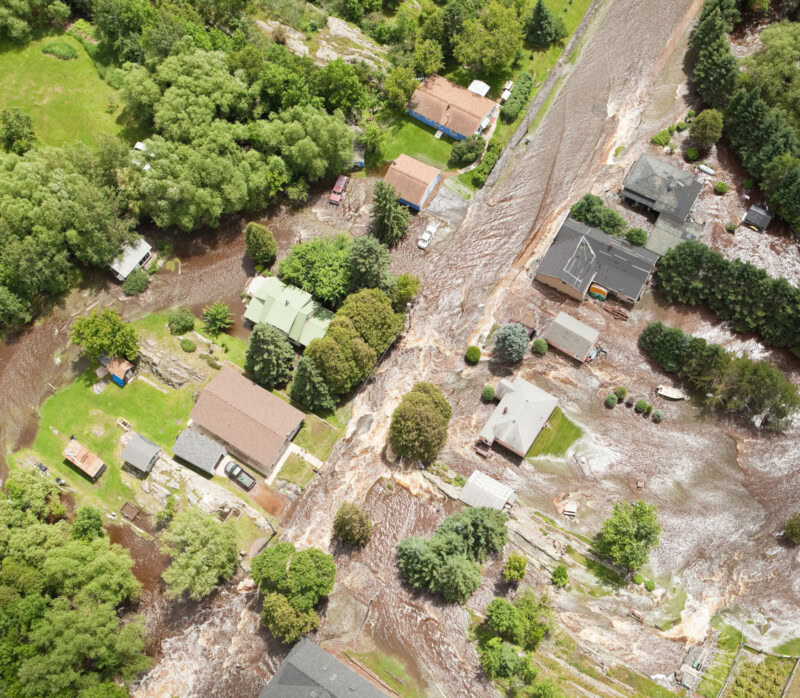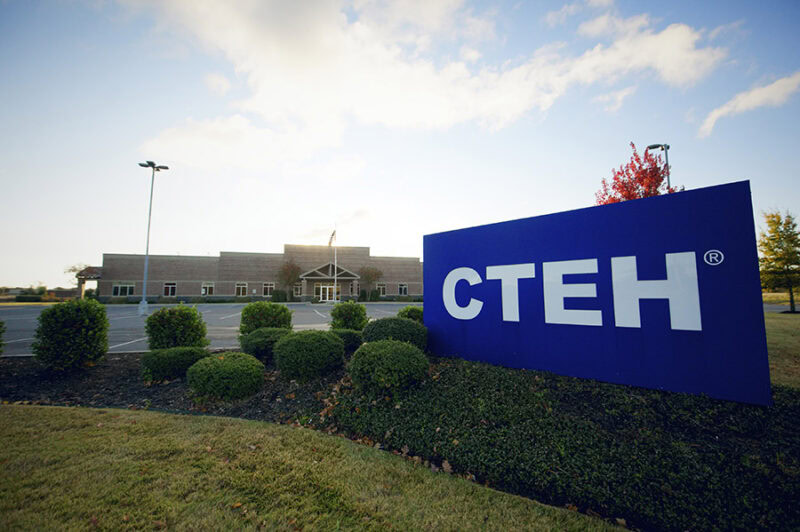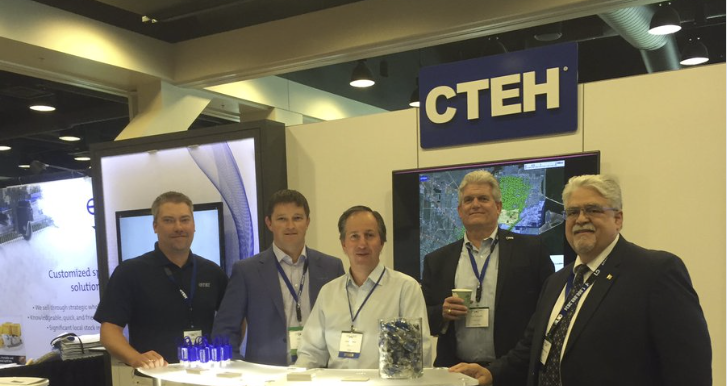In the recent “Learning from Past Disasters: Helene Recovery Webinar Series” CTEH’s Senior Advisor, Christa Lopez, Ph.D., CEM, presented critical strategies for effective disaster housing recovery, focusing on the need for integrated, community-centered approaches. Drawing on her decades of experience managing disaster recovery programs, Dr. Lopez outlined key recommendations to enhance housing stability and resilience in the wake of disasters. Here are her insights for communities, organizations, and policymakers seeking to improve housing recovery outcomes.
Prioritize an Integrated, Community-Driven Recovery Model
Dr. Lopez emphasized the value of a community-driven approach that combines federal aid with state and local resources tailored to meet specific community needs. By working within an integrated framework, recovery efforts can better align with local contexts, enabling more effective, relevant support for impacted families. According to Dr. Lopez, this approach allows for targeted assistance that adapts to the unique cultural, social, and economic fabric of each community, making it especially valuable in disaster-prone areas where local resilience is key.
Actionable Insight: Disaster recovery planning should incorporate input from local leaders and residents from the outset, using their insights to guide resource allocation and ensure recovery efforts are culturally and geographically appropriate.
Build Strong Public-Private and Interagency Partnerships
In disaster housing recovery, collaboration between federal, state, and local agencies is essential. Dr. Lopez highlighted that building strong partnerships fosters a network of support, allowing for faster response times and reducing logistical hurdles that can delay housing assistance. By streamlining communication channels between agencies, communities can help ensure a more seamless coordination of housing resources, from temporary shelters to long-term rebuilding projects.
Actionable Insight: Establish pre-disaster partnerships between public agencies, nonprofits, and private sector organizations. These relationships can provide critical support and reduce coordination gaps, ultimately delivering a more efficient housing recovery process when disaster strikes.
Leverage Data-Driven Decision-Making for Precision in Recovery
Dr. Lopez advocated for data-driven approaches to inform housing recovery decisions, emphasizing the importance of analytics to guide resource allocation and prioritize vulnerable populations. With the right data, communities can identify high-risk areas, make real-time adjustments to recovery plans, and respond effectively to housing needs as they evolve. Data-informed planning can also help ensure equity, so resources reach underserved populations who might otherwise be overlooked.
Actionable Insight: Integrate real-time data analysis and geographic information systems (GIS) into recovery planning to continuously assess community needs and adjust response strategies. Using data in this way enables communities to respond flexibly to changing conditions and ensure that support reaches the areas that need it most.
Focus on Long-Term Resilience and Adaptability in Housing Solutions
According to Dr. Lopez, effective recovery planning should go beyond immediate relief efforts and focus on building long-term resilience. This means designing housing recovery strategies that consider the likelihood of future disasters, particularly with increasing climate risks. Dr. Lopez recommended investing in adaptable housing solutions, from disaster-resistant construction methods to infrastructure improvements, that make communities better prepared to withstand future events.
Actionable Insight: Consider climate resilience and future risks in housing recovery plans. Communities should explore building standards that increase durability, invest in flood-resistant infrastructure, and develop policies that support sustainable housing solutions to minimize future disruptions.
Adopt a “Service-First” Approach to Enhance Community Well-being
At the heart of Dr. Lopez’s recovery philosophy is a commitment to service—the belief that recovery efforts should prioritize the well-being and empowerment of affected communities. She stressed that effective housing recovery is not just about rebuilding structures; it’s about restoring stability and hope. This people-centered approach encourages solutions that address both the immediate and long-term needs of disaster survivors, helping them regain a sense of normalcy.
Actionable Insight: Engage directly with impacted communities to understand their priorities and needs. By keeping recovery efforts centered on people, communities can foster a stronger sense of trust and security, which are essential to rebuilding lives and livelihoods.
Dr. Lopez’s approach to recovery and resilience provides a strategic foundation for organizations and communities aiming to enhance housing stability in disaster recovery. By prioritizing integrated, community-focused strategies that incorporate data, partnerships, resilience, and service, stakeholders can create recovery plans that are both effective and sustainable. These insights reflect CTEH’s broader mission to support resilient, adaptable communities, equipped to face the challenges of future disasters.
Through Dr. Lopez’s guidance, CTEH continues to advocate for recovery practices that build back stronger, fostering stability and resilience that last long after the immediate crisis has passed.
CTEH’s Role in Supporting Disaster Recovery and Resilience
At CTEH, we are committed to helping build safer, more resilient communities through our expertise in disaster recovery and environmental and public health. Leaders like Dr. Christa Lopez exemplify this commitment, bringing a unique blend of hands-on experience and a deep dedication to community service.
Dr. Lopez’s participation in this discussion highlights the transformative role that experienced professionals can play in the field of disaster recovery. Her contributions demonstrate how blending technical knowledge with a compassionate approach can lead to sustainable recovery efforts that empower communities for the long term.
If you’d like to learn more about Dr. Lopez’s approach and how she and other CTEH experts can help with your recovery and resiliency projects, reach out today.





